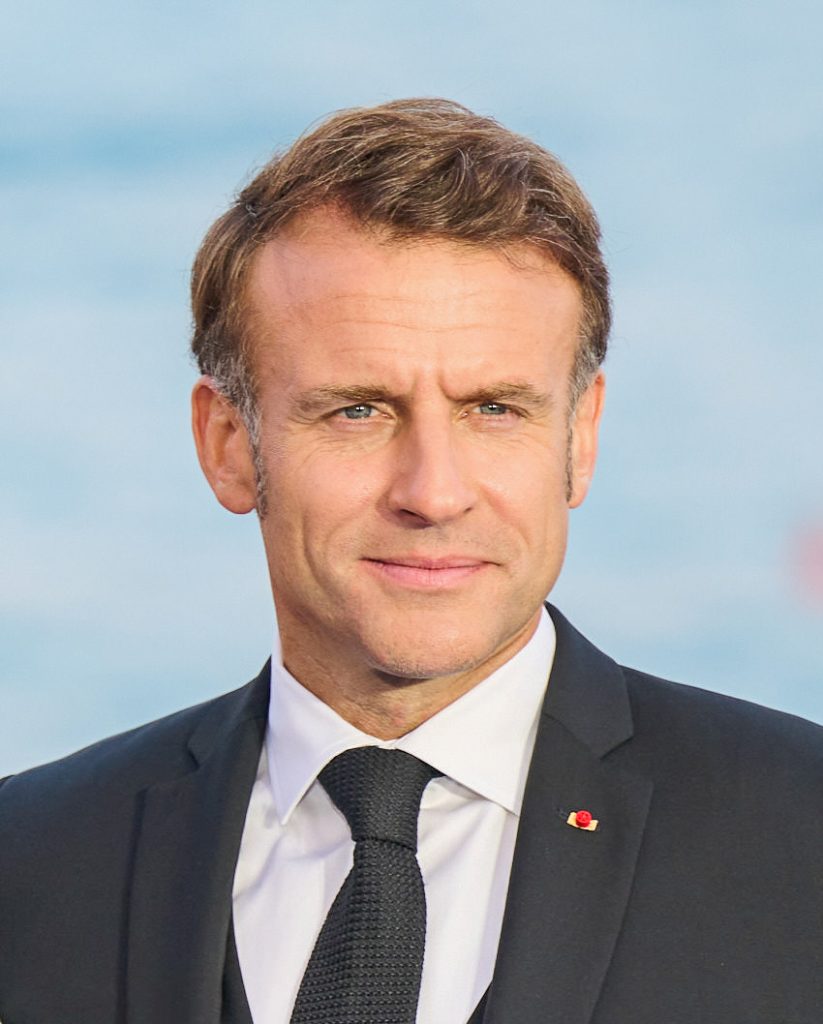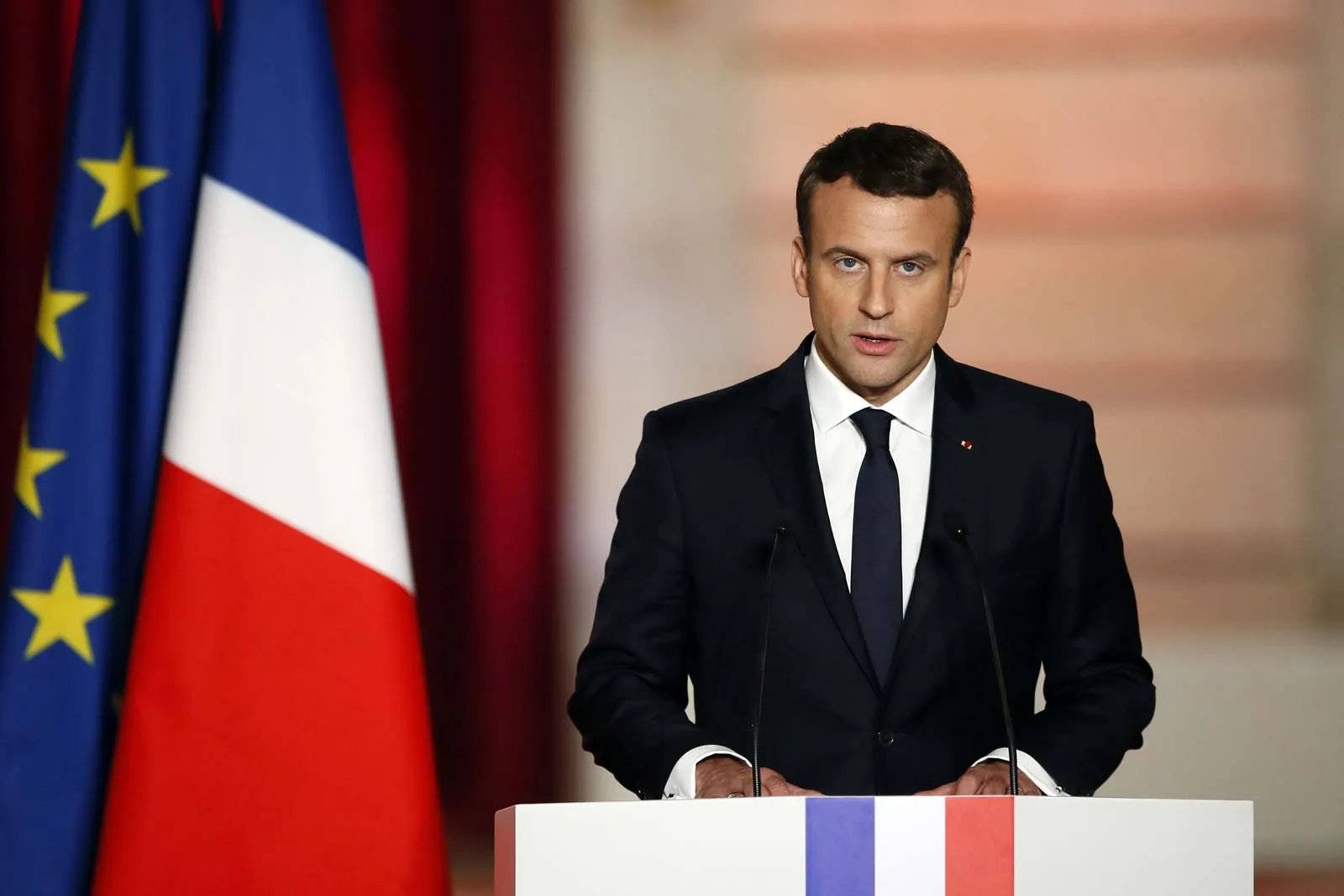France and Saudi Arabia will spearhead a renewed international effort to revive the long-stalled two-state solution for Israel and Palestine at a major United Nations conference which began on Monday in New York.
Scheduled to run from July 28–30, the conference is co-chaired by Riyadh and Paris, with the looming humanitarian disaster in Gaza and the growing instability in the region providing a backdrop for urgent diplomatic action.
French President Emmanuel Macron has given fresh impetus to the summit by announcing that France will formally recognise the State of Palestine in September. Analysts say this declaration could shift the political dynamics of the meeting.
“This changes the game,” said Richard Gowan of the International Crisis Group. “Other countries will now be considering whether to follow suit.”

France’s Foreign Minister, Jean-Noël Barrot, hinted that additional European nations would also signal their intention to recognise Palestinian statehood during the gathering, though he declined to name them.
The United Kingdom is among those under pressure to act. Over 200 British MPs have urged Prime Minister Keir Starmer to recognise Palestine. However, Starmer has insisted any recognition must be part of a broader peace process.
According to AFP, at least 142 of the 193 UN member states already recognise the Palestinian state, which was first declared in exile in 1988.
The UN originally approved the partition of Palestine into separate Jewish and Arab states in 1947. While Israel was established in 1948, a sovereign Palestinian state has yet to materialise—despite decades of international backing for a two-state solution.
Now, with the war in Gaza in its 22nd month, Israeli settlement expansion in the West Bank, and statements from Israeli officials about annexing occupied territories, many fear that a viable Palestinian state may no longer be geographically feasible.
The recent conflict began following a Hamas attack on Israel, which triggered an Israeli invasion that has resulted in tens of thousands of Palestinian deaths, mostly women and children.
The conference, which includes Palestinian Prime Minister Mohammad Mustafa and ministers from dozens of nations, seeks to reignite hopes for a political resolution.
Beyond state recognition, the summit will also explore reforming the Palestinian Authority, disarming Hamas and excluding it from Palestinian politics, and encouraging Arab nations to normalise relations with Israel.
While no new normalisation agreements are expected, France’s foreign minister said Arab states would, for the first time, openly condemn Hamas and call for its disarmament.
Palestinian UN ambassador Riyad Mansour described the summit as a “unique opportunity” to convert international consensus into an actionable peace plan. “We need courage,” he urged.
Neither Israel nor the United States is attending the summit, but representatives from over 100 countries will take the floor. Many are expected to deliver strong criticism of Israel’s military campaign and the worsening humanitarian conditions in Gaza, despite recent “tactical pauses” in fighting announced by Tel Aviv.


 Trending
Trending 